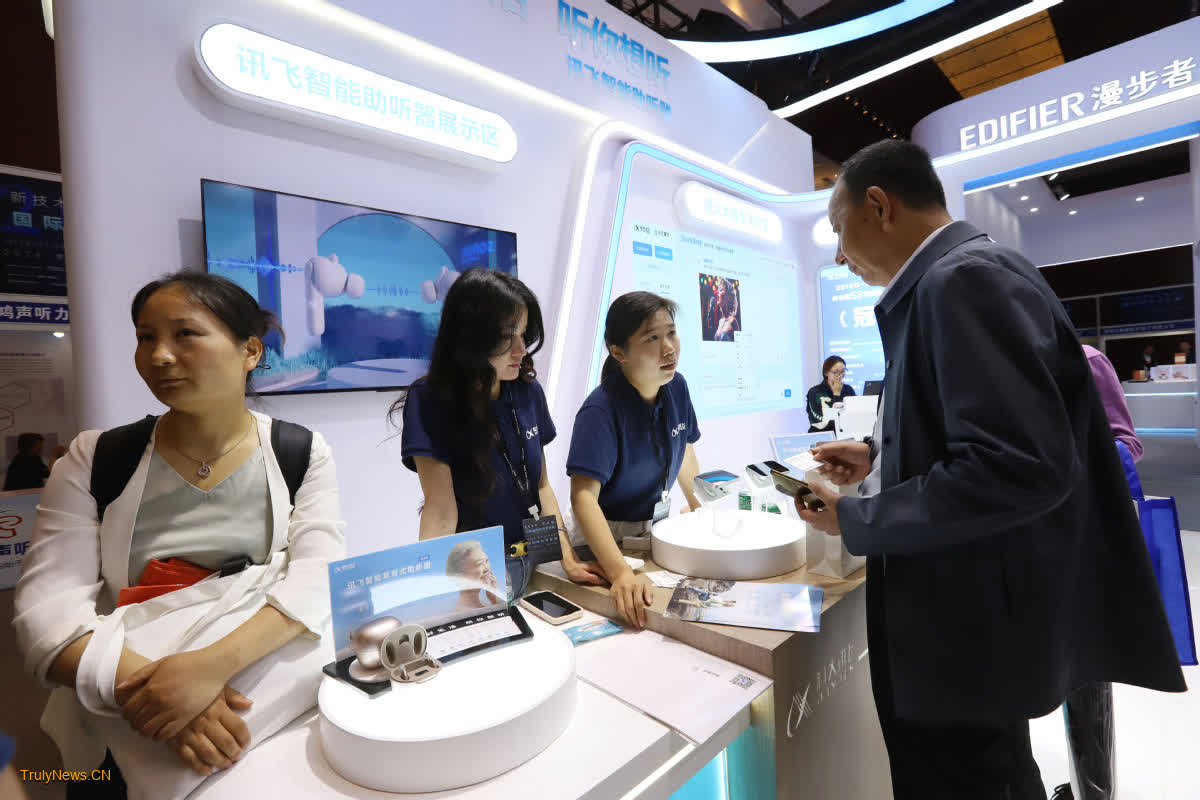
The simmering price war among China’s biggest artificial intelligence-model builders will greatly accelerate the launch of more advanced AI language models in the country to close the gap with US counterparts, said top executives from leading Chinese AI startups.
They made the comments at the recent 6th BAAI Conference, a top tech event hosted by the Beijing Academy of Artificial Intelligence. A number of Chinese tech giants such as Alibaba Group, Tencent Holdings and Baidu Inc have recently slashed prices for large language models (LLMs) used to power generative AI products.
Zhang Peng, CEO of Zhipu AI, a Beijing-based startup dubbed one of the four new “AI tigers” of China, said that the price war will drive the development of the country’s LLM sector by allowing more people to really see them as essential “infrastructure”.
“When LLMs can become very cheap and available at any time for people to use, and without worrying about investment output, they will become akin to infrastructure, just like water and electricity. Under such circumstances, LLM companies will also have greater room for development,” Zhang said.
Wang Xiaochuan, CEO of AI firm Baichuan Intelligence, also believes that such a price war, which is competition-oriented, will drive more companies and individuals to truly use large models.
“Thereby, AI large models will be rapidly popularized in China,” Wang said.
He added that previously, many Chinese companies trained LLMs out of fear of falling behind without noting that they were in fact the users of the products themselves.
“With a price war, many of these companies began to realize that they should return to becoming users of large models and make products that are both price- and people-friendly. Such a transformation will reduce the waste of social resources,” Wang said.
Amid such a price war, Alibaba’s cloud unit announced price cuts of up to 97 percent on a range of its Tongyi Qwen LLMs.
The price cuts came after many industry experts globally realized last year that Chinese LLMs still had a big gap with US counterparts like ChatGPT.
Li Dahai, CEO of ModelBest, said that although the current price war has some marketing elements, at the end of the day, prices of large models in the future will be lower than they are now.
“This is the healthy way for large model companies to survive and it will also enable AI large models to be truly applied in thousands of industries,” he said.
Yang Zhilin, founder and CEO of Moonshot AI, an emerging LLM company, said that over the long term, the competition of large models will eventually return to overall profitability.
“At present, the proportion of AI in the workflow is still very low, perhaps 1 percent, and people do much more than AI does. But when the work undertaken by AI large models in the workflow exceeds that of humans, a price war can be avoided on the business side,” Yang said.